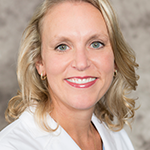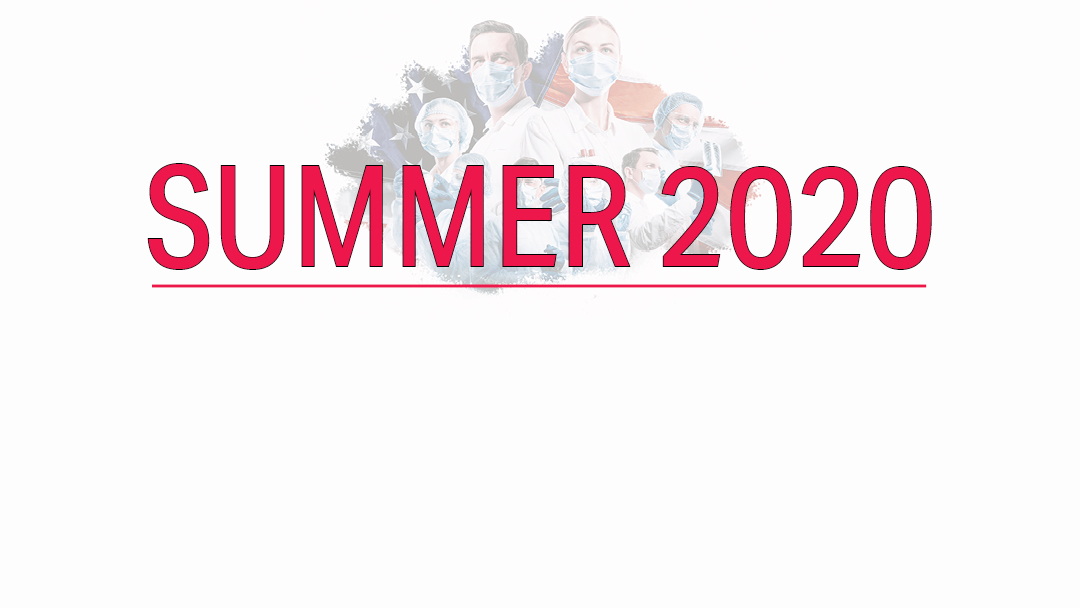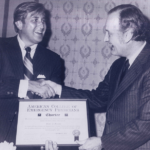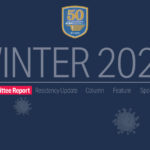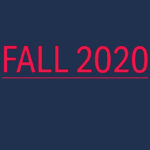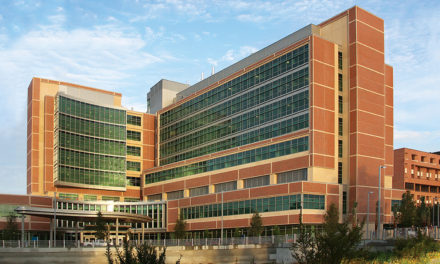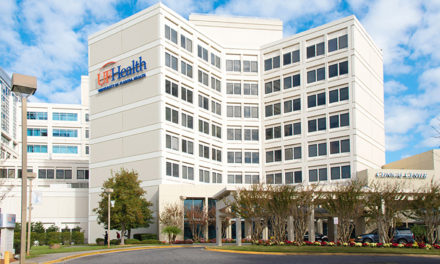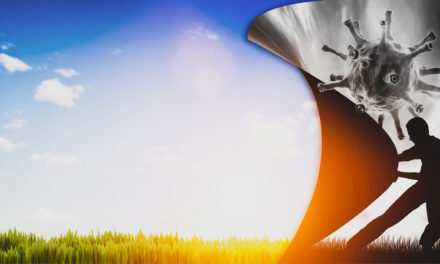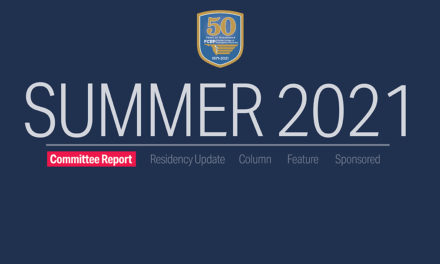Summer 2020: FCEP President’s Message
Change is only sometimes wanted, but often needed. Change during times of crisis may be thrust upon us at an exceedingly rapid pace. Life during the COVID-19 pandemic has brought much change that is wanted, needed and, most certainly, thrust upon us.
Perception of the work that is done in emergency departments across Florida has changed. Since the emergence of emergency medicine as a specialty more than 50 years ago, emergency physicians, ED advanced practice clinicians, ED nurses and first responders have struggled with a lack of public appreciation and appropriate compensation by payers for the work we do to bridge the gaps of the United States broken health care system. COVID-19 has, at least temporarily, changed the game.
Without us spending a single dollar, many multimillion dollar corporations have funded pricey ad campaigns, national and international corporations have gifted everything from food to hotel rooms to PPE, and local businesses and citizens have given their time and treasure in support of our work. Current public perception of our work and the appreciation for the selflessness of our teams has been a welcome change, and many felt that “a flip was switched.” My hope is that this needed change lasts indefinitely and there is constant praise for our work from the community. Even if tort reform is lacking, juries will opine!
Our working environments have changed. Emergency physicians have had to fight for the right to wear Personal Protective Equipment. Some of our beloved colleagues have been bullied, mistreated and even terminated for serving their patients and teams as an advocate. Some of our patients have passed away without family surrounding them at the bedside. Many patients with life and limb threatening disease states needing our help have had their voices silenced due to the feared risk of contracting COVID-19 should they seek care. We have been confronted with patients with diabetes in DKA who would have previously sought treatment for vomiting; patients at risk for heart disease in cardiac arrest who would have previously sought treatment for chest pain; patients at risk for stroke that are hemiplegic, who would have previously sought treatment for transient alteration of sensation or weakness. We share the burden of suffering when we see the good we could have done, but are unable to do it.
Although our patients in the Emergency Department have been rising in acuity level, the decreased volume of patients overall has changed emergency medicine workforce demands. Many emergency physicians and other members of our care teams have been furloughed, or their employment has been terminated. Some emergency medicine graduating residents have been unable to procure adequate clinical experience due to decreased volumes, and their graduation dates have been pushed back. Those transitioning between residency or fellowship or otherwise between jobs have found themselves unexpectedly left without employment. Many who previously asked for shift reduction in the name of work-life balance have begun asking for guaranteed hours. Many heroes who have committed their lives in service to others have found themselves on the cruel end of COVID-19 musical chairs and are now struggling to meet the needs of themselves and their families.
A noninvasive approach to emergency medicine has arisen. The role of telehealth in the emergency medicine space has moved from conceptual to operational for many emergency physicians across the state and our country. The infrastructure has been stood up at an unprecedented pace, including the agile move by CMS with respect to reimbursement. The ability to connect with patients virtually, whether they are physically within the ED, on hospital property or discharged home, is changing the way we practice and will continue to do so.
However our wellness has been challenged. Members of our care teams have not been able to gather and debrief in a social setting after a particularly grueling or frightening experience to show support for one another. Many have also been quarantined or otherwise isolated from their families and members of their core support system. The religious gatherings, gyms, choirs, book clubs, community groups and planned travel we have relied upon to make ourselves whole have been snatched away suddenly. There has been an increase in pressure to care for family members who previously had access to community and privately-arranged assistance services that have been suspended, or those at risk for contracting COVID-19 who were previously more independent but have become housebound. There are millions of children who would have otherwise been in school, at extracurricular activities, attending youth groups or gathering with peers for social events, that have been home, needing structure, interaction and attention, not to mention help with virtual academics and developmental exercises.
This, I know to be true: there is no single group of people better prepared than emergency physicians to deal with change. Our adaptability to adjust under less than ideal circumstances, willingness to meet the needs of our patients and their families, ability to conform and work to transform regulatory requirements, propulsion of health system initiatives in a constructive way that will improve patient care, embrace the unfamiliar when next steps are not known, and utter devotion to our teams is second to none. When we do not have the tools, we make them. When we do not have the data, we gather it. When ignorance abounds, we do our best to inform. When we do not understand, we humbly seek to learn. When we are afraid, we step forward bravely rather than retreating in cowardice.
My hope for every one of us is that we see the beauty of the challenges we have faced and the battles that rage on; the beauty of the opportunity that lies in rebuilding something better than what previously existed; the beauty of being hurt or suffering in a way that reminds us of our vulnerability and value; the beauty of allowing our scars to define more appropriate boundaries for ourselves and those who come after us such that the hurting is not perpetuated; the beauty of processing the things we have experienced and translating them into a sense of gratitude and strength that will transcend the challenges we may experience in the future; and the beauty of knowing, individually and collectively, that there is peace which extends beyond the limitations we previously placed upon ourselves, that might now be ours. ■
Image Credit: Adobe Stock
This article is part of the following sections:
